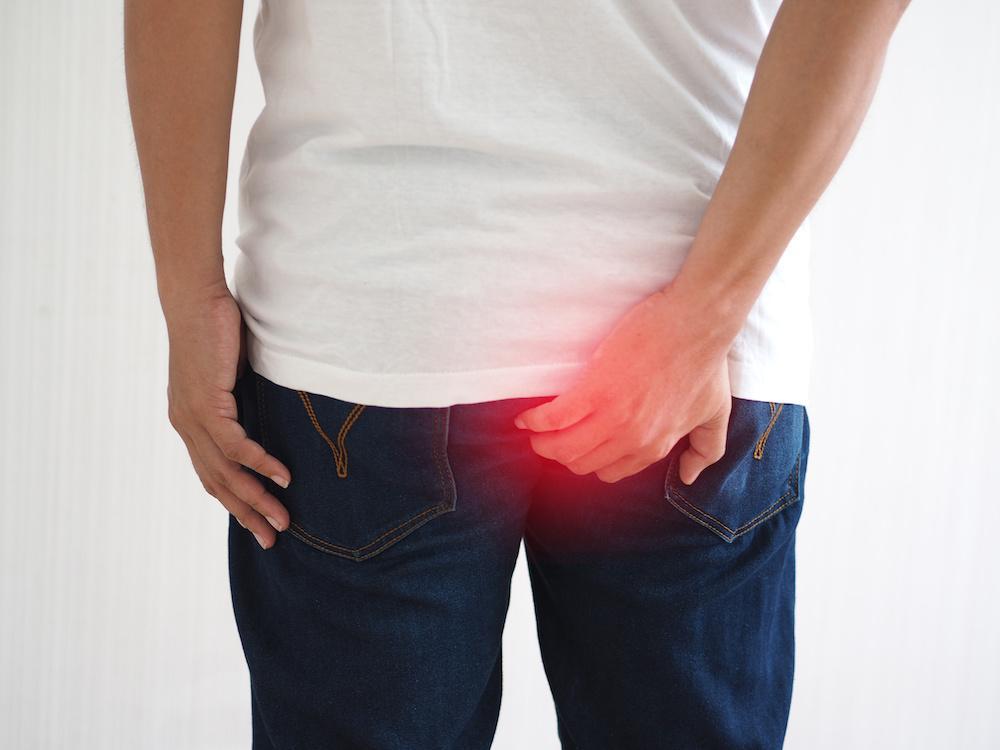
New Year, New You: 3 Resolutions for Better Bowel Health
Part of having a healthy gut is making sure you’re incorporating healthy bowel habits. Here, we provide three strategies for improving your bowel health in the new year. Keep reading to learn more.
Jan 5th, 2026



















































































